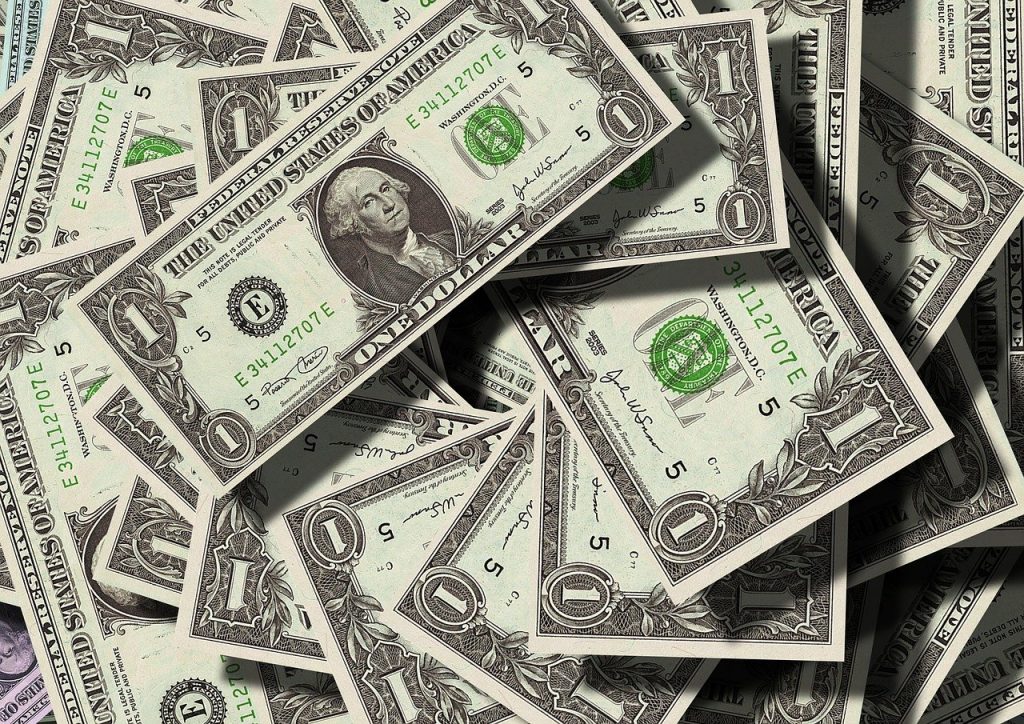The Wage Gap Between Teachers And Other Professions Is Widening
The teacher pay gap is widening when comparing how much educators salary's rose with other college-educated professions.

Teacher pay is a major topic across the nation. A new Economic Policy Institute (EPI) report indicates that teachers are suffering from a wage gap when compared to other “similar college-educated professionals.” Educators are constantly complaining about low pay and a lack of full community support. So how does their pay compare with other industries, and why is this an ongoing issue?
The EPI report stated that teacher pay is not on par with equivalent college-educated professions. On average these annual salaries rose $445 per week between 1996 and 2021, while teacher pay only rose about $29 during that time frame. This is highly alarming to officials working to combat the teacher shortage, but this report did not list what those specific competing career titles were or how much job growth is offered in those fields.
While STEM fields and other career paths requiring bachelor’s degrees may begin with similar pay, fields that provide promotion opportunities are more likely to increase pay throughout the years. Teachers, on the other hand, often choose to turn down administration positions and other school promotions for various reasons. Educators who choose to turn down these opportunities find that remaining in the same position is not as lucrative. Their disinterest in moving up the career ladder is a personal choice that directly affects teacher pay.
Teachers who move on to earn their Masters degrees and PhD are also more likely to gain better growth opportunities. But this is not required, and the costs of college are increasing, so it is not always a popular option with educators. This is discouraging young adults from seeking to enter the profession altogether, and has been deemed the “teacher pay penalty.”
Another factor to consider in this situation is union ties. While the national average elementary and secondary school teachers made over $63 thousand annually for the 2019-2020 school year, union dues can range from hundreds to thousands of dollars. This is in addition to health care premiums and other deductions so the strain is measurable. Yet in comparison with professionals like journalists, teacher pay is quite stable.
Journalists make less than $40 thousand per year on average. Many journalists earn their bachelor’s or even master’s degree in writing, much like teachers spend thousands of dollars to earn their certification. When compared to other professionals without taking education into account, teacher pay is quite lucrative. For example, the average cosmetologist makes less than $30 thousand a year, and the average salary for a plumber is less than what a teacher makes.

Comparing professional salaries offers insight into how career trends are swayed. While the new EPI report spells trouble for teacher pay, it does not list exactly what fields the profession is being compared to and so the information must be further examined. Public education budgets are also based on taxpayer funding and attendance, unlike other comparative fields that are more consumer-based. Many factors affect pay raises and pay rates and these cannot be counted out when adding salaries up.



